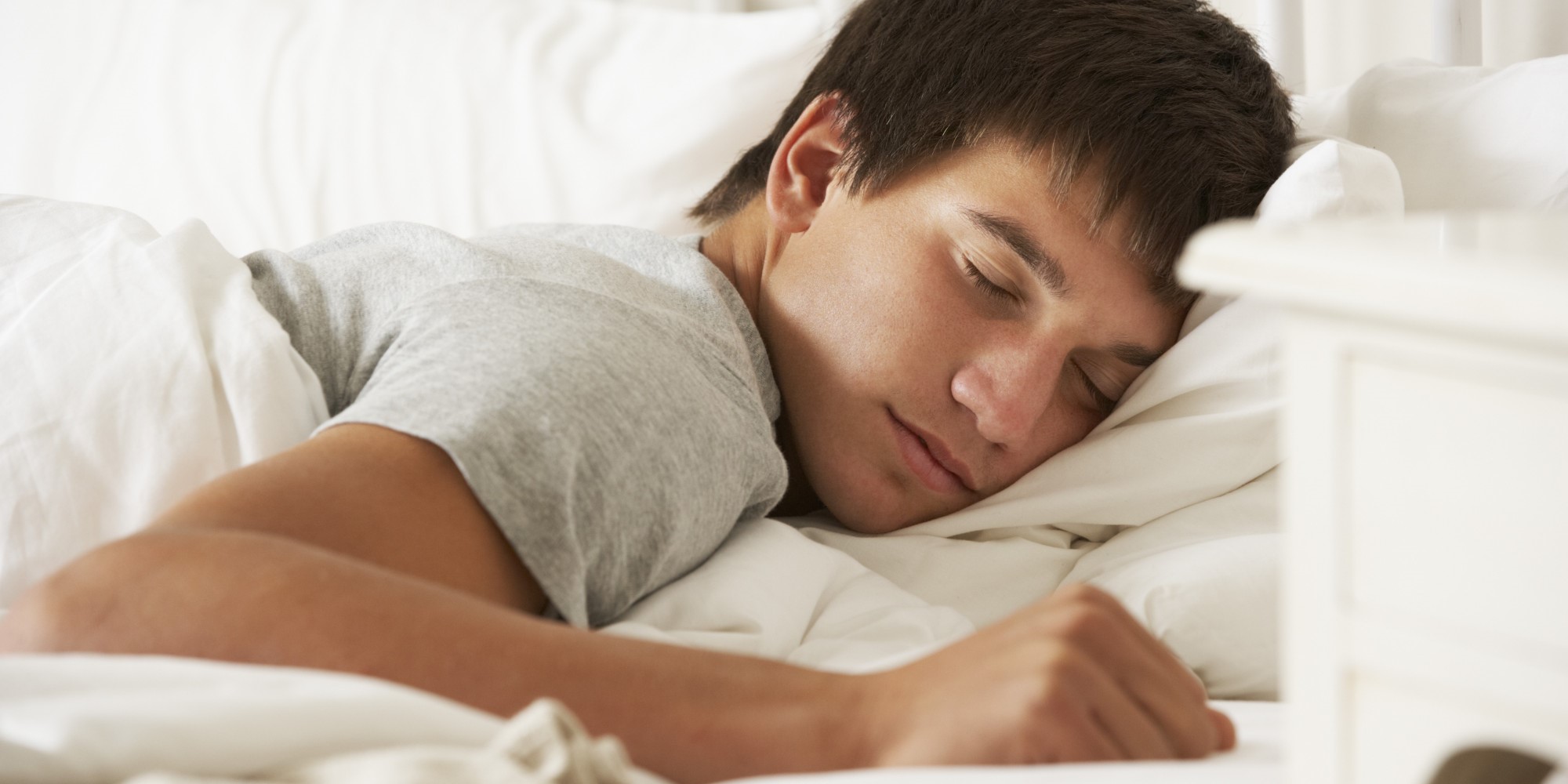At Mindfish, we believe in a holistic approach to test preparation. While diligent studying of key SAT/ACT concepts and strategies is vitally important to your success, choosing a healthy lifestyle is equally important. One of the easiest ways to improve the effectiveness of your study time is to understand the importance of sleep and to place a high priority on healthy sleeping patterns.
Everyone knows how great it feels to wake up in the morning feeling completely rejuvenated after a good night’s sleep. The quality of your sleep can affect your entire day, especially your ability to focus and retain information. Have you ever noticed that when you don’t sleep well, you experience the world in a completely different way? Maybe you have trouble concentrating in class, or you treat someone rudely when you otherwise wouldn’t have.
Sleep is one of the easiest things to overlook as a major factor in test success, and many students decide to stay up late to cram for a test rather than to get solid night’s sleep. While it’s important to sleep well throughout the entire test prep process, it’s especially important during the week leading up to the test.
Here are some tips to maximize the effectiveness of your sleep to compliment your test prep studying:
1. Ditch the screens an hour before bedtime
We live in the age of digital technology, and it’s no secret that many teenagers are taking full advantage of it. Whether they’re staying up late to snapchat their friends or watching the latest episode on Netflix, the average 17 year old spends seven hours a day in front of a screen. Computers, TVs, smartphones and tablets all emit a light with a blue wavelength, which is the same wavelength of light that’s emitted by the sun. When this blue light hits your eyes, it triggers your body to produce more daytime hormones (cortisol) and stop producing nighttime hormones (melatonin). Turning off your electronics at least an hour before bedtime will help to stimulate more nighttime hormone production and make it easier to fall asleep. Sometimes, it’s impossible to get rid of all electronics. If you need to stay up late to finish that last minute essay, try downloading the app f.lux, which changes the wavelength emitted by your computer to a more calming red, which will help avoid the detrimental effects that blue light has on your endocrine system.
2. Get more sunlight during the day, especially early in the morning
In order to help promote healthy circadian rhythms, it’s important to expose ourselves to the full spectrum of wavelengths that the sun emits during the day. The production of melatonin is highly dependent on light exposure, and to increase its production, we must expose ourselves to light at the right times. Getting more sunlight during the day and less blue wave length at night will help get your body back into its natural rhythm.
3. Exercise at the right time of day
Exercise can help promote a good night’s sleep, but only when it’s used correctly. If you have trouble falling asleep at night, it may be because you’re exercising too close to bedtime. Try exercising in the morning immediately upon rising, which not only helps to provide energy for the day, but also helps to avoid producing stress hormones that will keep you up close to sleeping hours. It may also help to try short, intense training intervals (like weight lifting) rather than long duration cardio exercises. Incorporating exercise into your morning routine before school (even if it’s just a short walk) will make it much easier to get good sleep at night.
4. Eat to sleep
One of the worst sleep habits you could have is to eat immediate before bed, especially if the food is high in simple carbohydrates. Give yourself a buffer of at least 90 minutes before bedtime where you abstain from eating, and try to make your last meal something high in good fats (like avocado or nuts) or protein and low in carbs. If you eat something high in carbohydrates, you will experience a spike in blood sugar that will signal to your body that it’s time to take action, which will lead to stress hormones (cortisol) being released and sent into the blood stream.
5. Black out
Did you know that your skin actually has receptors that pick up light? This means that if you have lights coming through the window or emanating from a TV or other electronic device in the room, your body will still be picking up this light even if your eyes are closed. Any sort of light entering your room will disrupt your sleep patterns and you won’t maximize the time spent on the mattress. Get black out curtains and eliminate any sources of light coming from your room. The absolute worst thing you can do is sleep with a TV on!
6. Consume caffeine early in the day
Caffeine is a nervous system stimulant, which will make it nearly impossible to get a good night’s rest if you drink it too close to bedtime. If you do drink caffeine in the mornings, make sure to set a curfew for your last drink (maybe around 2 or 3pm.) This will help you to fall asleep at night
A good night’s sleep begins the minute you wake up in the morning. This may sound counterintuitive, but it’s actually true. Get out of bed, get some exercise, and expose yourself to sunlight early in the day. Choose foods throughout the day that promote good sleep (fats and proteins) and minimize the amount of simple sugars and caffeine that you consume, especially close to bedtime. It also helps to stay consistent with the time that you go to bed and wake up each day. Your natural levels of melatonin usually peak sometime between 10 and 12pm, so these are typically the best times to try and fall asleep.
Good luck studying, and happy dreams!





